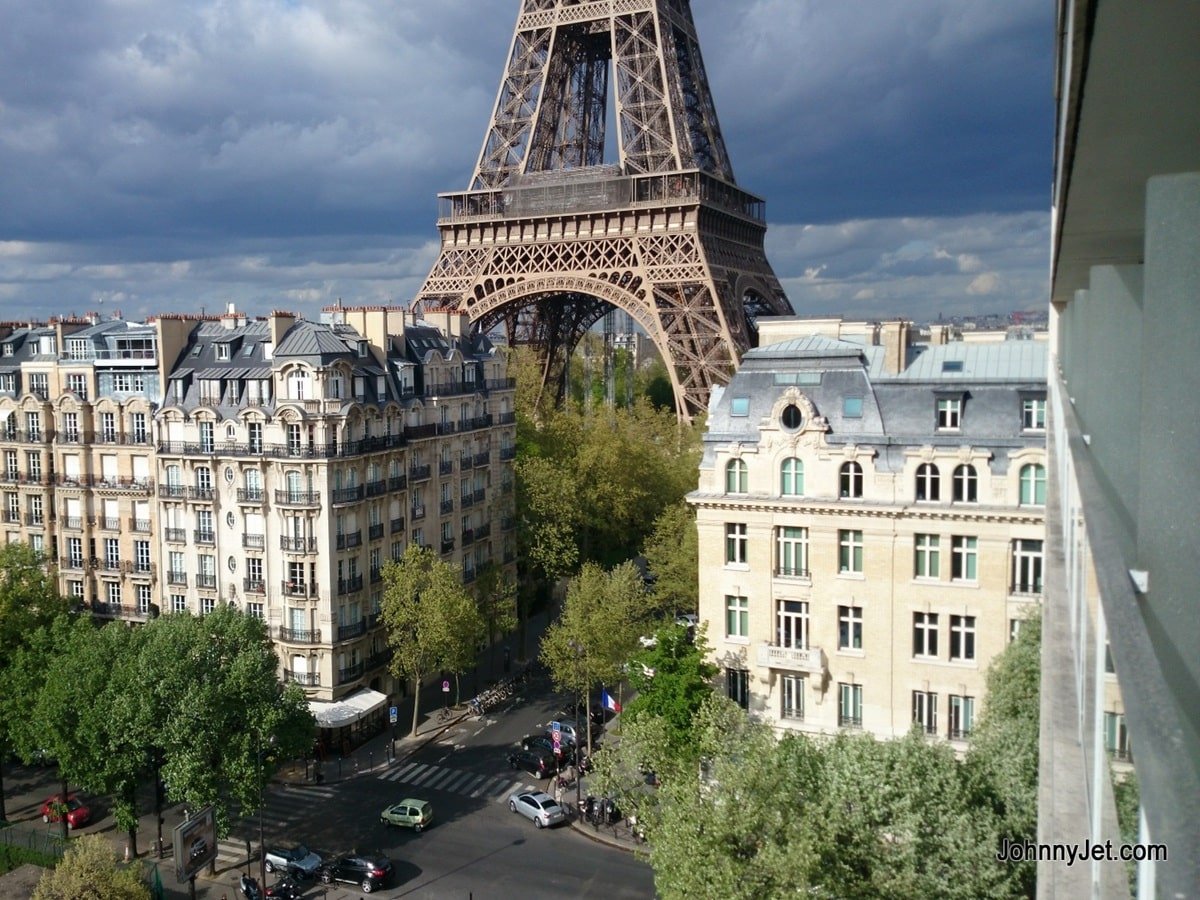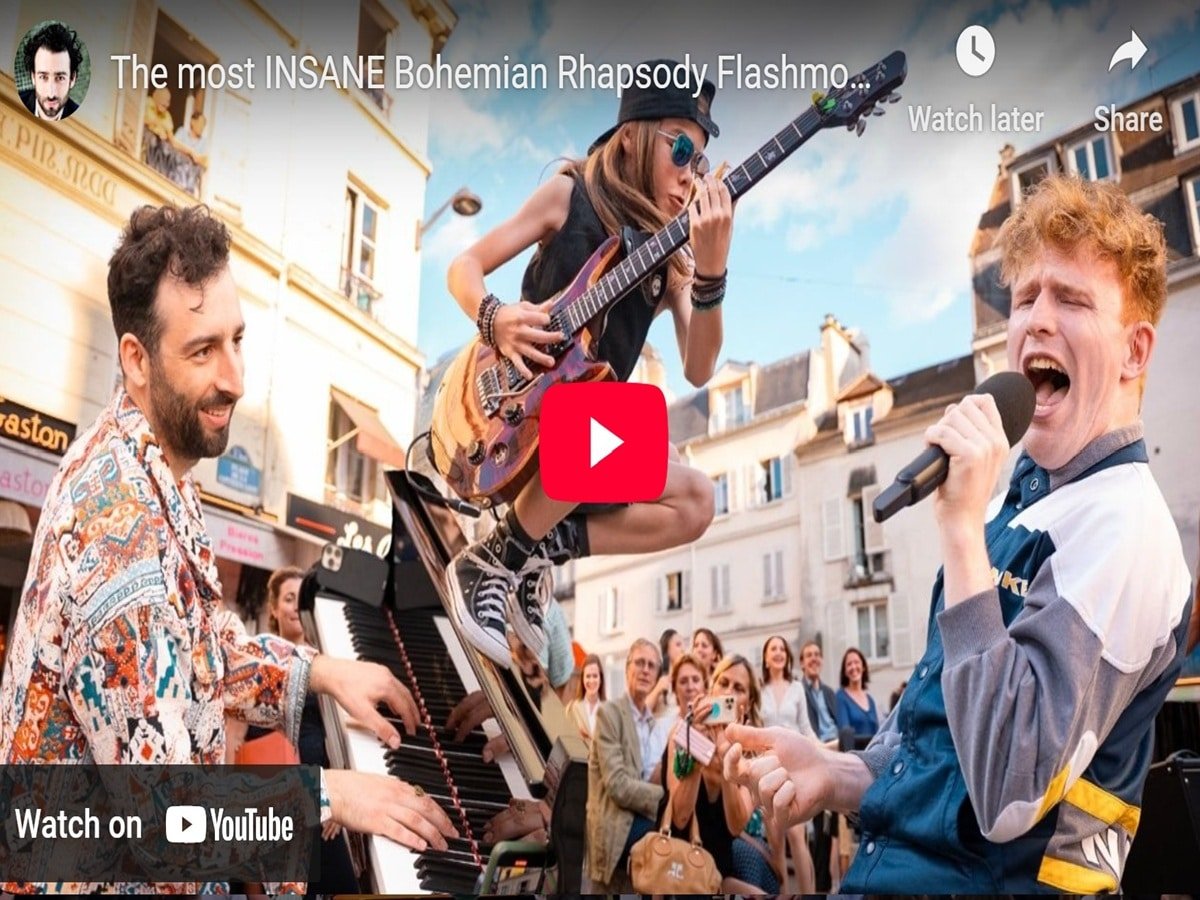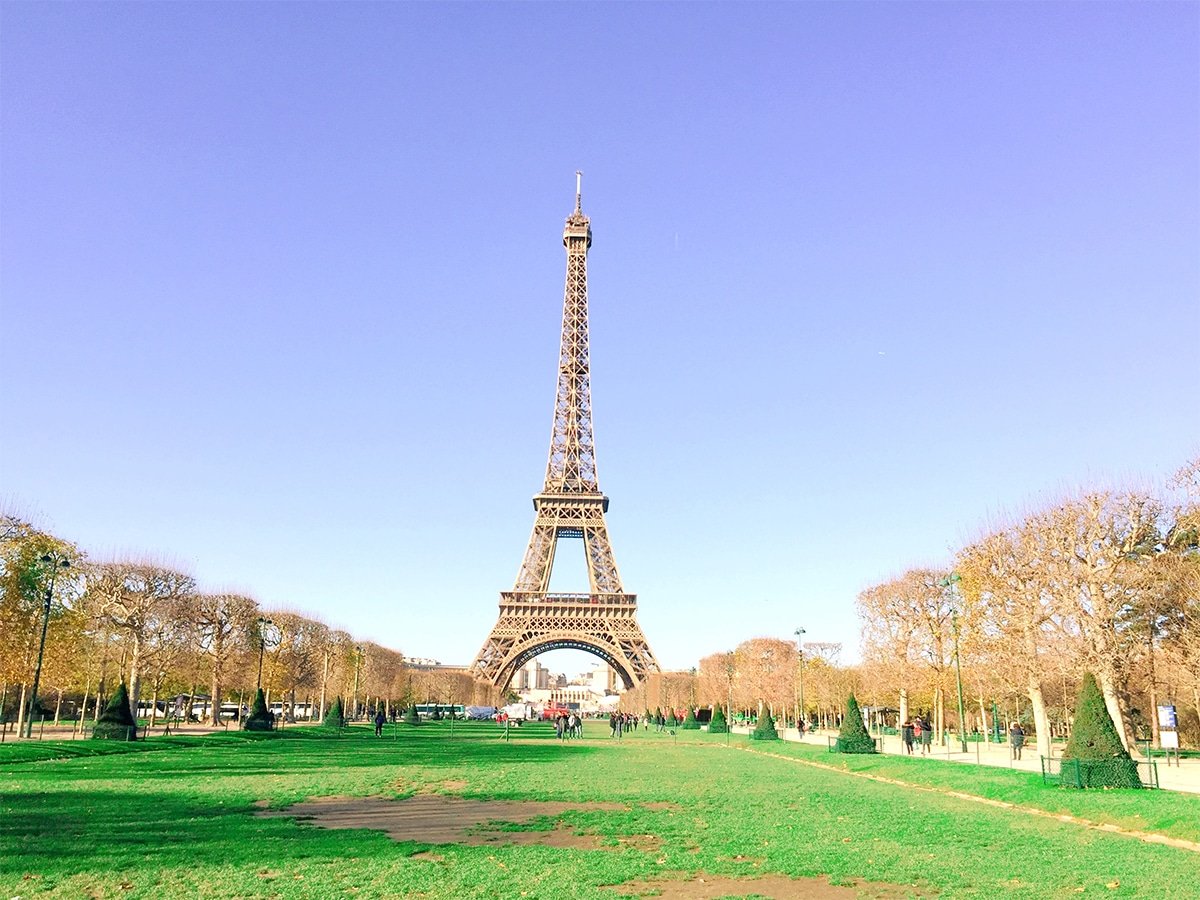Travelers heading to France in the next month should brace for major disruptions as several powerful labor unions join forces with activist groups to stage two nationwide strikes. The walkouts were originally scheduled for September 10 and 18 under the slogan Bloquons Tout or Let’s shut everything down, a movement that gained momentum on social media in response to proposed austerity measures.

However, the SNCTA union suspended that strike due to the collapse of the French government. According to EuroNews: “A longer strike is now planned for next month, from the morning of Tuesday 7 October until the morning of Friday 10 October, to give the new French government a chance to consider the union’s demands.”
Additional strikes and demonstrations may occur on September 18 and 19. While unions have encouraged Air France staff to participate in the planned protests, pilot groups are not joining. Some smaller air traffic control unions could also take part in the walkouts.
The French Civil Aviation Authority (DGAC) will release its disruption forecast on September 18, indicating to airlines which flights may need to be canceled. Passengers planning to fly on September 18/19 are advised to check with their airline before traveling.
Travel Advice
- Monitor official government alerts and local news closely
- Check airport and public transport websites for real-time updates
- Allow extra time for journeys to and from airports
- Avoid protest hotspots such as government buildings and university campuses
- If caught in a demonstration, follow police directions and move away if safe
- Prepare emergency contacts, ensure phones are charged, and avoid the Périphérique in Paris
Travelers planning to visit France during this period should expect delays and heightened security risks. Staying informed and planning ahead will be key to minimizing disruption.




Thanks for the heads-up! I was planning a trip to Paris next week, so this strike info is super helpful. Definitely going to check flight and train updates before traveling.